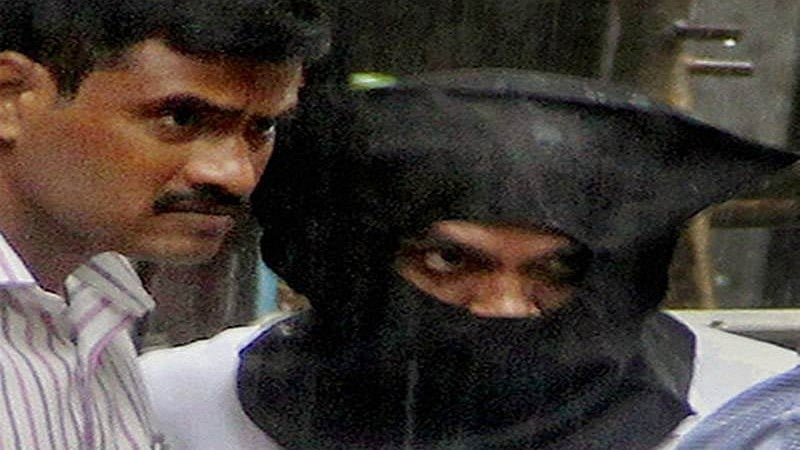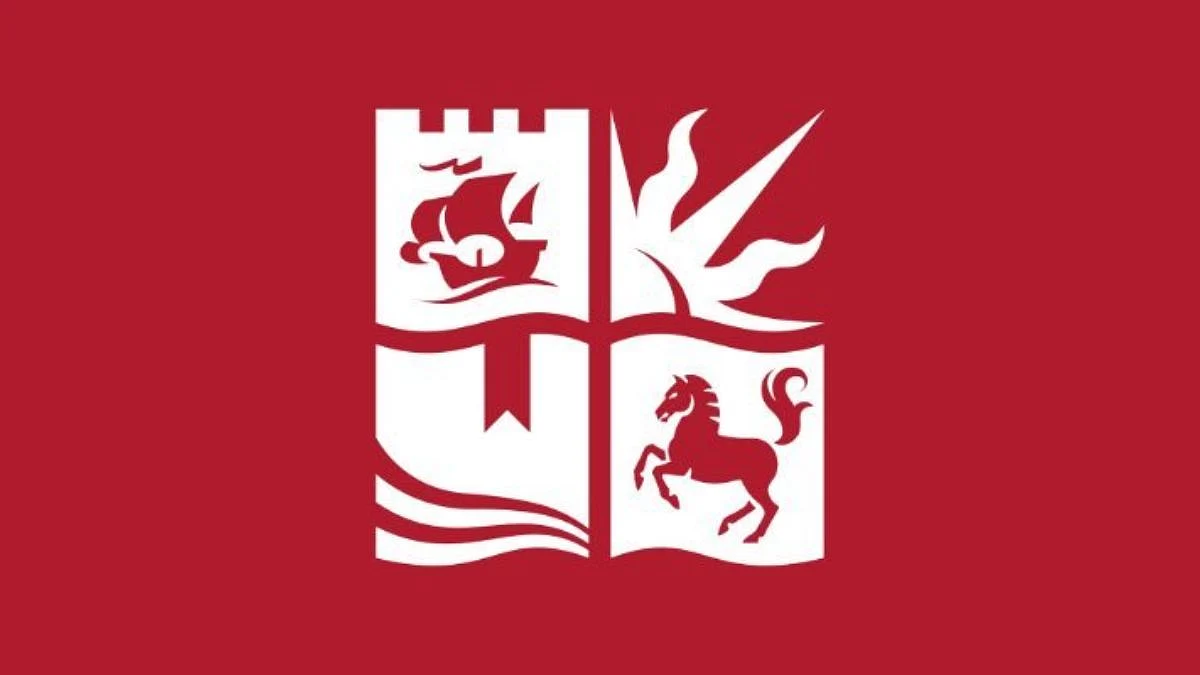Whether the National Capital Region will go without milk and vegetables if Bharatiya Kisan Union chief Naresh Tikait fails to get the government to act against Wrestling Federation of India (WFI) chief Brij Bhushan Sharan Singh, within the three days remaining of his five-day ultimatum, remains to be seen. The charges against Singh are serious enough to make the governing body, United World Wrestling (UWW), condemn the way in which the women wrestlersin India were manhandled.
The right to protest is derived from the right to freedom of speech and expression, and is also mentioned in Article 19 (1) (c ) of our Constitution, apart from figuring in the Universal Declaration of Human Rights and the International Covenant on Civil and Political Rights.
But academic rhetoric apart, the wrestlers first complained to the police against BJP MP Brij Bhushan Sharan Singh for sexually assaulting seven women wrestlers over a decade, then to the Indian Olympic Association, then to sports minister Anurag Thakur before finally moving the Supreme Court which ordered an FIR to be registered against Singh.
On May 28, Prime Minister Narendra Modi inaugurated the new Parliament building at 11.30 a.m. after receiving a Sengol which is an ancient symbol of fair governance and justice for all — while, just a stone’s throw away, the Delhi Police were wrestling with India’s Olympic-winning women wrestlers who were demanding justice.
The Delhi police (like their counterparts in other states) adopt a nefarious method of imposing a curfew under section 144 of the Criminal Procedure Code to thwart protests like the Shaheen Bagh agitation or the one staged by the women wrestlers. The Supreme Court upheld the Constitutional validity of section 144 which allows the Delhi police to keep extending curfew from time to time.
Protests such as those staged by the wrestlers and the farmers two years ago are a way of focusing wider attention on how the government ignores alleged crimes by some of its MPs like Brij Bhushan Sharan Singh. This is why the the right to protest is definitely a fundamental right, which is hemmed in by restrictions that are vague enough to render this fundamental right a chimera.
Among those who sought justice in a country where Ram Rajya has become the buzzword is the woman who was allegedly sexually harassed by the 46th CJI Ranjan Gogoi — who presided over a bench hearing his own case. This culminated in Surbhi Karwa refusing to receive her gold medal for topping the LL.M exam of the National Law School of Delhi University from Gogoi in 2019. In March 2023, an SC/ST Court acquitted three out of four men who allegedly gangraped a Dalit girl at Hathras in UP.
In like measure, the boycott by 20 Opposition parties of the new Parliament building’s inauguration was more to highlight the autocratic ways of the government in turning off the opposition MPs’ microphones and scrapping Question Hour after the pandemic. The media reported about how Prime Minister Narendra Modi, who does not attend Parliament regularly, allegedly refuses to reply to certain questions of the Opposition MPs. If an MP is belligerent enough to demand a reply from Modi, the MP will be expelled, allege these Opposition MPs.
This is why the wrestlers’ bid to dump their medals into the Ganga is an extension of the Opposition parties’ right to protest against the Modi government’s refusal to invite President Droupadi Murmu to inaugurate the new Parliament building. These protests are symbolic of a deeper malaise camouflaged as nationalism which affects our basic freedoms guaranteed in Part III of the Constitution, culminating in those who question the government being branded as “anti-nationals” by the likes of former law minister Kiren Rijiju.
While hearing the plea regarding the Shaheen Bagh protests in 2019, the Supreme Court said public ways and public spaces could not be occupied indefinitely by protesters. The judges alluded to the 2018 judgment known as the Mazdoor Kisan Shakti Sanghatan versus Union of India which dealt with the agitation at Delhi’s Jantar Mantar. This judgment tried to balance the rights of local residents against those of the protesters to hold such agitations. But marching to Parliament to present their grievances is not occupying a public space indefinitely.

The judges directed the Delhi police to lay down parameters for limited use of the area for peaceful demonstrations in such public places. In the 2012 case of Ramlila Maidan incident versus Home Secretary, Union Of India and Ors. the Supreme Court iterated that “citizens have a fundamental right to assembly and peaceful protest which cannot be taken away by an arbitrary executive or legislative action”.
This is why the women wrestlers were outraged enough to march to Parliament when their bete noire Brij Bhushan Sharan Singh was present at the inauguration of the new building. If these women wrestlers had dropped their medals into the Ganga at Pauri, it would have made global headlines.
The fact is these wrestlers do not decide who will helm the WFI because they have no vote. Most of these sports bodies which earn hundreds of crores of rupees are headed by politicians who know nothing about sports. What is shocking is that the country saw a fake image of Vinesh Phogat and Sangeeta Phogat smiling while taking a selfie with the Delhi police. This was a classic example of disinformation being spread to discredit a legitimate protest by these women wrestlers. The police should lodge an FIR against the criminals who created this bogus image.
In the case of the women wrestlers, religion has not been used as a ploy to defame our wrestlers as “anti-nationals” bent on defaming India like Rahul Gandhi, whose vituperation in the US against Prime Minister Modi has earned him the sobriquet of being “anti-Hindu”. But how far these protests will go if the government does not take action against Brij Bhushan Sharan Singh, remains to be seen.
Dr Olav Albuquerque holds a PhD in law and is a senior journalist and advocate at the Bombay High Court






